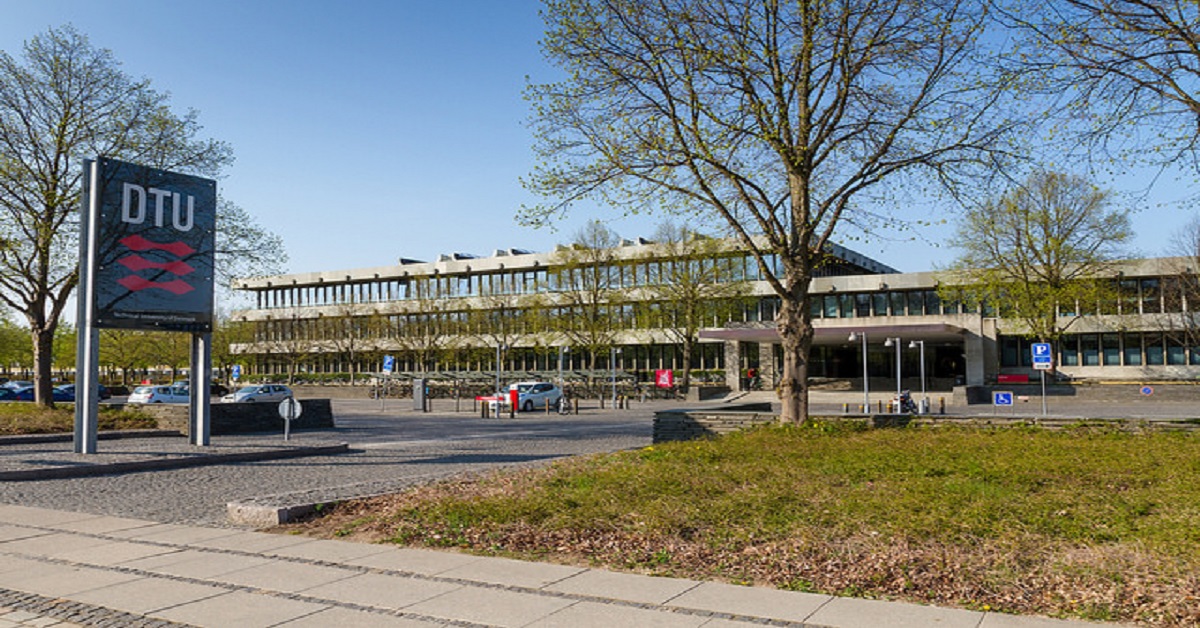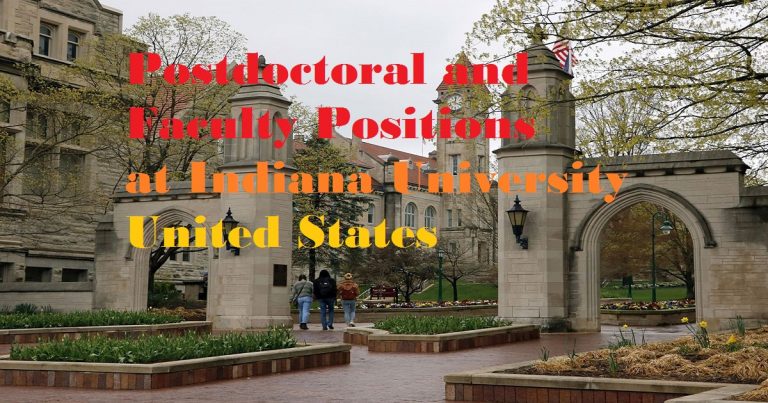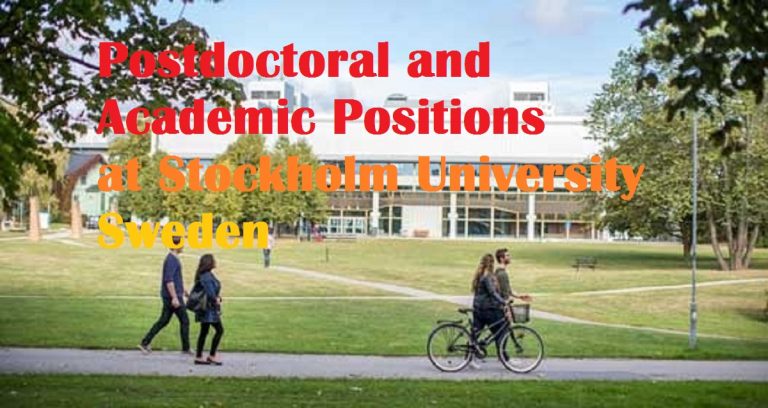
PhD on spin-charge conversion phenomena in oxide heterostructures to investigate the electronic properties of freestanding oxides
Do you want to contribute to a future where we can create the new generation of electronic logic device?
At DTU Energy our research efforts are aiming at developing spintronic applications. Spintronics is a promising approach which goes beyond the operating principle in present-day electronics where the logic operation relies on the electron spin instead of its charge. Recently, heterostructures based on complex oxide systems have attracted a lot of interest in spintronics where the interconversion between electron spin and charge occurs through the spin-orbit coupling. Realising breakthroughs in such conversion phenomena will pave the way for a next generation of logic devices based on spin rather than charge. As the material choice for the next stage of spintronics we are aiming at apply freestanding oxides which are characterized by radically new properties and functionalities.
We currently have an opening for a PhD-student to participate in developing freestanding oxide membranes with desired spintronic properties. The position is supported by a PhD scholarship from DTU within the Nordic Five Tech alliance. The project is carried out in close collaboration between DTU Energy in Denmark and Chalmers University of Technology in Sweden.
The objective of this project is to investigate the electronic properties of freestanding oxides in conjunction with spin-charge interconversion phenomena that is important for spintronic applications. We hope that you are interested in joining this exciting project at the crossroads between physics, materials science, and logic device applications!
Responsibilities and qualifications
The work will be carried out in three stages: (1) The student will fabricate freestanding complex oxides devices based on SrTiO3 or KTaO3 by a combination of pulsed laser deposition (PLD) and sputtering techniques. Herein, a growth optimization with respect to crystalline quality of SrTiO3 or KTaO3 will be carried out with the aid of simple electronic transport characterization techniques. (2) The samples will be characterized in more advanced electronic transport experiments for establishing the spin-orbit coupling strength and (3) The spin-charge conversion efficiency will be evaluated either by spin-injection transport or ferromagnetic resonance spin-pumping experiments.
You must have a two-year master’s degree (120 ECTS points) In Physics, Materials Science, Chemistry, Electrical Engineering or similar, or a similar degree with an academic level equivalent to a two-year master’s degree.
Further qualifications:
- A strong background in applied physics/materials science
- A strong background in thin film technologies, especially PLD and sputtering
- Previous experience in low temperature measurements of physical properties such as electrical conductivity and/or magnetic properties
- Previous experience with field effect or quantum effects is advantageous, but not a requirement.
- Ability to work independently, to plan and carry out complicated tasks, and to be a part of a large, dynamical group
- Experience in programming, finite element modelling or writing measurement software is advantageous, but not a requirement.
- Good communication skills in English, both written and spoken
Approval and Enrolment
The scholarship for the PhD degree is subject to academic approval, and the candidate will be enrolled in one of the general degree programmes at DTU. For information about our enrolment requirements and the general planning of the PhD study programme, please see DTU’s rules for the PhD education.
We offer
DTU is a leading technical university globally recognized for the excellence of its research, education, innovation and scientific advice. We offer a rewarding and challenging job in an international environment. We strive for academic excellence in an environment characterized by collegial respect and academic freedom tempered by responsibility.
Salary and terms of employment
The appointment will be based on the collective agreement with the Danish Confederation of Professional Associations. The allowance will be agreed upon with the relevant union.
You can read more about career paths at DTU here.
The expected starting date is 1 September 2022 or earlier, but requests for later starting dates can also be met. The position is for 3 years.
Further information
Please contact Please contact Head of Section, Professor Nini Pryds, +45 4677 5752, nipr@dtu.dk or Senior Researcher Felix Trier, fetri@dtu.dk for further information.
Please do not send applications to these e-mail addresses, only online applications as described below will be considered.
You can read more about DTU Energy at https://www.energy.dtu.dk/english
If you are applying from abroad, you may find useful information on working in Denmark and at DTU at DTU – Moving to Denmark.
Application procedure
Please submit your online application no later than 15 June 2022 (Danish time).
Applications must be submitted as one PDF file containing all materials to be given consideration. To apply, please open the link “Apply online”, fill out the online application form, and attach all your materials in English in one PDF file. The file must include:
- A letter motivating the application (cover letter)
- Curriculum vitae
- List of publications
- Grade transcripts and BSc/MSc diploma (in English) including official description of grading scale
You may apply prior to obtaining your master’s degree but cannot begin before having received it.
Applications received after the deadline will not be considered.
All interested candidates irrespective of age, gender, race, disability, religion or ethnic background are encouraged to apply.
DTU Energy is focusing on functional materials and their application in sustainable energy technology. Our research areas include fuel cells, electrolysis, solar cells, magnetic refrigeration, superconductivity and thermoelectrics. Additional information about the department can be found at www.energy.dtu.dk
Technology for people
DTU develops technology for people. With our international elite research and study programmes, we are helping to create a better world and to solve the global challenges formulated in the UN’s 17 Sustainable Development Goals. Hans Christian Ørsted founded DTU in 1829 with a clear vision to develop and create value using science and engineering to benefit society. That vision lives on today. DTU has 13,400 students and 5,800 employees. We work in an international atmosphere and have an inclusive, evolving, and informal working environment. DTU has campuses in all parts of Denmark and in Greenland, and we collaborate with the best universities around the world.
Apply for this job
Apply no later than 15 June 2022
Apply for the job at DTU Energy by completing the following form.



